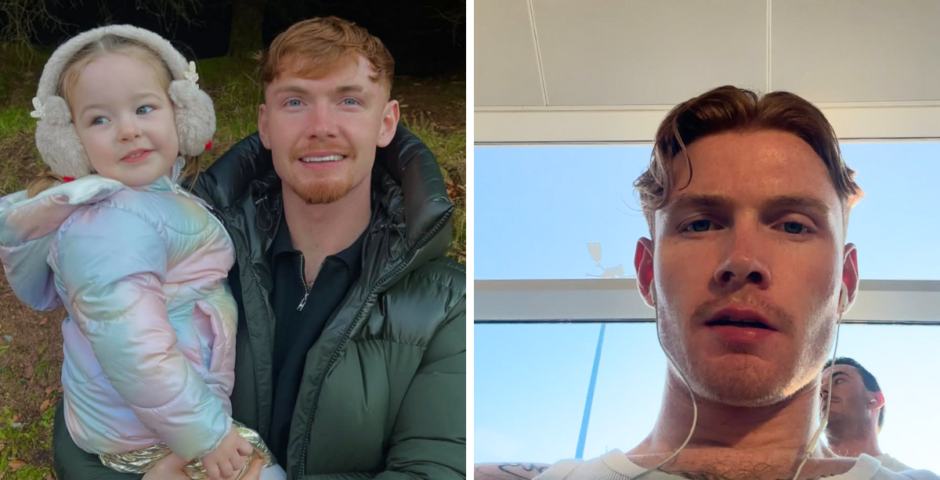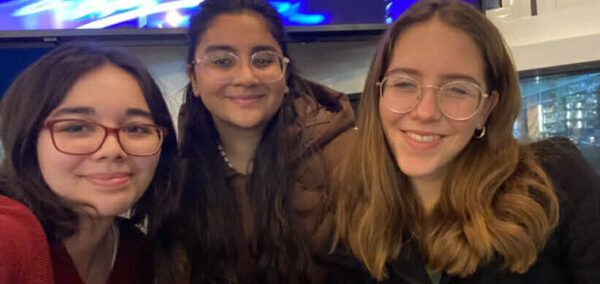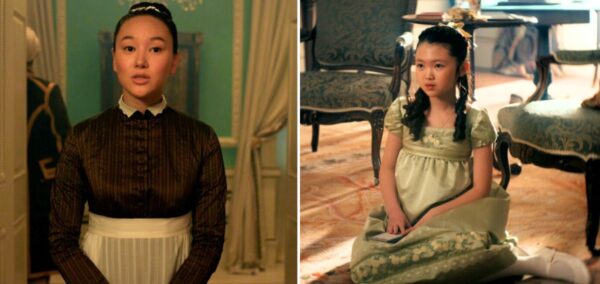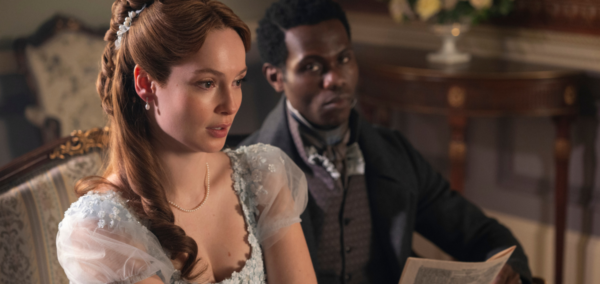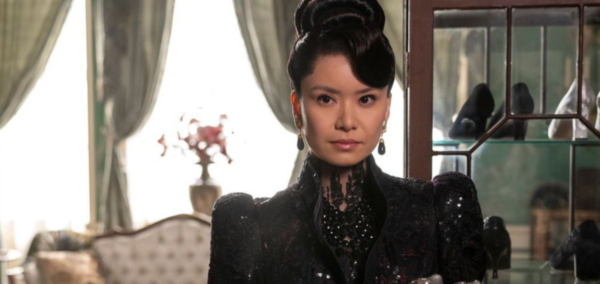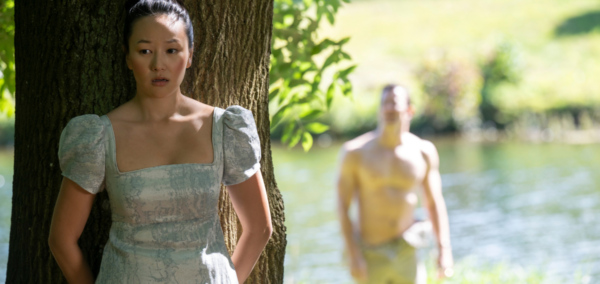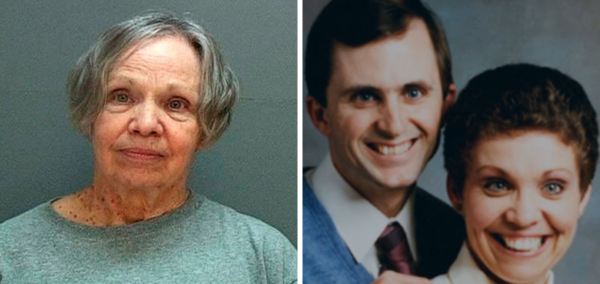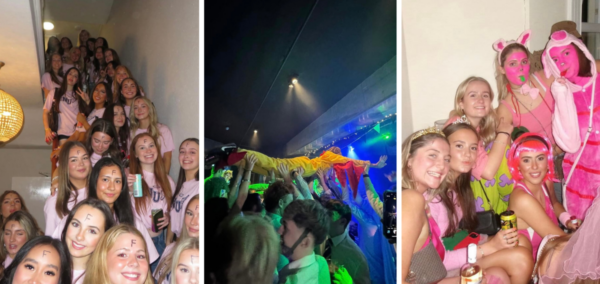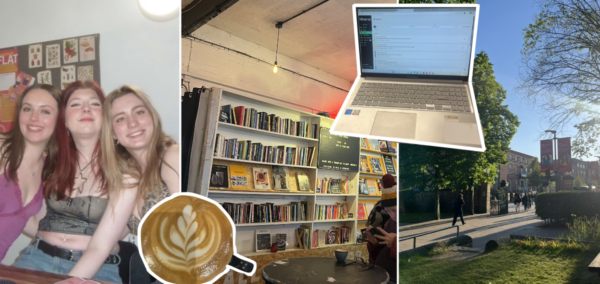
3,500 respond to Bristol Uni consultation on renaming buildings linked to slavery
The online consultation will now close on Friday
The University of Bristol has decided to extend a listening exercise aimed at obtaining people’s opinions on whether seven uni buildings with names linked to the transatlantic slave trade should be renamed.
More than 3,500 people have already responded to the online consultation that was announced in November, and this popularity has led to the decision to extend it until Friday, January 27th.
The university has organised multiple events over the next week for students, staff, and members of the wider community to learn about the situation, ask questions and offer their opinions on the matter.
On January 23rd at 1 pm, St Pauls’s Learning Centre will host the first of two drop-in sessions, with the second being held on campus at the Beckford Bar in Sente House on January 25th from 9 am until 11.30 am.
Neither of these two sessions requires people to pre-book, so if you’re looking to attend one of them simply head on down at the appropriate time and date.
A panel event will also be held on January 25th at the Arts Hub from 3 pm until 4 pm, which can be attended either in-person or online, however, it is necessary to book a free ticket for this event.
📣 HAVE YOUR SAY 📣
We're seeking views on whether seven of our buildings whose names are linked to the transatlantic slave trade should be renamed.
An online consultation has been extended to 27 Jan and we have three events next week.
Find out more 👉 https://t.co/3jrbqFExPi pic.twitter.com/P6ZZYylofr
— University of Bristol (@BristolUni) January 20, 2023
The online consultation is the result of some students and staff expressing their opinion that the names of buildings and the university’s logo need to be changed to reflect a contemporary institution that is located in a multicultural and, as the tearing down of Edward Colston’s statue proved, progressive city.
Most Read
One of the main arguments made was that Henry Overton Wills III donated money to help found the University in 1909, however, this money originated from the sale of tobacco that was produced on plantations in America, where, until 1865, the workforce primarily consisted of enslaved labour.
Some students and staff felt that this meant by naming a building after Wills the university was failing to respect the victims of the slave trade, which has ultimately led to this interrogation of the university’s history to obtain a greater understanding of the past that will help mould the future.
Professor Olivette Otele was appointed three years ago as the University’s first Professor of the History of Slavery and almost immediately began a two-year research project on Bristol University’s links to the transatlantic slave trade.
Her work, alongside that of Dr Richard Stone and others, has significantly contributed to the ‘Legacies of Slavery’ report, which has confirmed that families who either directly or indirectly profited from the products of the slave trade financially supported the university’s founding.
The buildings named after these families, and therefore form the basis of the consultation, include Wills Memorial Building, Fry Building, Merchant Venturers Building, HH Wills Physics Laboratories, Goldney Hall, Wills Hall, and Dame Monica Wills Chapel.
The university’s crest and logo feature the symbols of Colston, Wills and Fry, leading to the university also committing to reviewing whether these are appropriate.
A report summarising the findings of the consultation will be published in early March, and this will be carefully looked at before any recommendations for potential change are made.
Related stories recommended by this writer:
• University staff set to strike for 18 days between February and March
• Bristol Uni gym undergoes £180,000 refurb in time for new year and new semester




